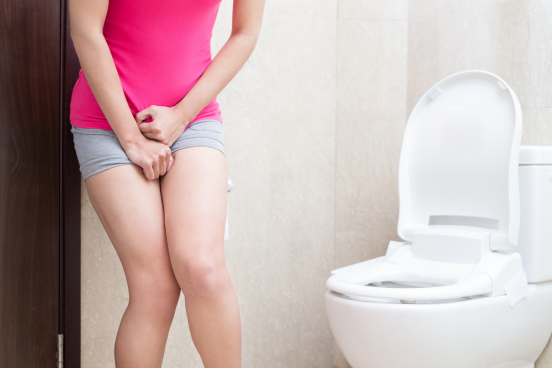Frequent urination, as the name implies, is the recurring urge to urinate more often than usual. This condition can disrupt a person's normal daily routine and sleeping patterns. Frequent urination can be a sign of an underlying health condition.

Medically known as polyuria, many people experience frequent urination in their lives. Polyuria is when a person urinates more than three liters per day. It is important to understand that frequent urination is different from incontinence. Incontinence is the loss of urine.
Here is some information about the causes, symptoms and treatment options for frequent urination.
What are some facts about frequent urination?
- Frequent urination is the need to urinate multiple times during the day and night. It is different from incontinence.
- Most people urinate six to seven times in a 24-hour period, and more frequent urination is called frequent urination.
- Frequent urination can be easily treated with exercise, but only if there is no underlying condition such as diabetes.
What are the possible causes of frequent urination?
All systems in the body are involved in urination. Many changes can cause the urinary system to become more active.
Some of the most common causes of frequent urination include:
- Lifestyle-related causes, such as excessive fluid intake, especially alcohol and caffeine
- Frequent urination can also become a habit
- Ureteral or kidney problems
- Bladder problems
- Medical conditions, such as pregnancy, prostate cancer, diabetes, or diabetes insipidus
- Anxiety
- Certain types of medications, such as: B, diuretics
- Brain or nervous system disorders
- Stroke
- Urinary tract infection (UTI)
- Mass or tumor in the pelvic area
- Overactive bladder (OAB)
- Bladder cancer
- Kidney or bladder stones
- Incontinence
- Urethra strictures
- Diverticulitis
- Sexually transmitted infections (STIs), such as chlamydia
- Diverticulitis
What are the signs and symptoms of frequent urination?
One of the main symptoms of polyuria is frequent urination. If there are other symptoms, it may indicate the presence of a more serious health condition. Nocturia, which is the urge to urinate at night, can be a symptom of diabetes or diabetes insipidus. Other signs and symptoms that may require a visit to the doctor include:
- Lower back and side pain
- Pain or discomfort when urinating
- Nausea or vomiting
- Cloudy, bloody, or unusually colored urine
- Gradual loss of bladder control or incontinence
- Fever or chills
- Difficulty urinating, even when there is an urge to urinate
- Discharge from the penis or vagina
- Increased thirst and appetite
What are the treatments for frequent urination?
Kegel exercises – These exercises help strengthen the pelvic floor muscles, improve bladder control, and reduce urgency and frequency of urination. They are only effective when done regularly.
Bladder training – Bladder training involves extending the time between urinations for three months. As the name suggests, it helps train the bladder, hold urine longer, and urinate less often.
Monitoring fluid intake – Drinking enough fluids is important to prevent constipation and over-concentrating urine; however, people should avoid drinking too much fluid before bedtime, as this can lead to frequent urination before bedtime.
Dietary changes – People with frequent urination need to avoid all foods that irritate the bladder or have a diuretic effect. These foods include spicy foods, caffeine, artificial sweeteners, alcohol, carbonated beverages, chocolate, and tomato products. Additionally, it's important to eat foods rich in fiber, as constipation can worsen symptoms of OAB syndrome.





